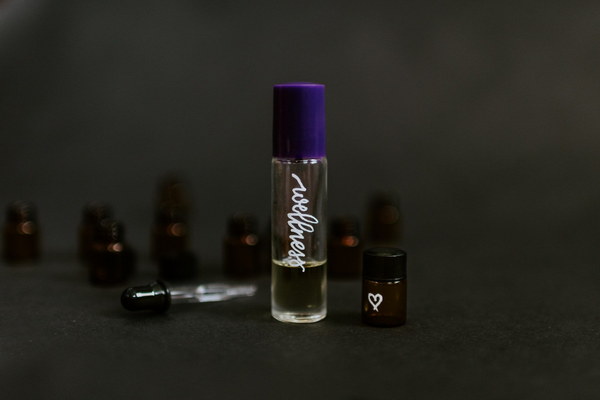Post-Brain Tumor Surgery A Comprehensive Guide to Nutritional Supplements and Recovery
Introduction:
Recovery from brain tumor surgery is a challenging journey that requires a multifaceted approach, including proper nutrition. Nutritional supplements can play a crucial role in supporting the body's healing process and restoring strength. This article provides a comprehensive guide to the types of supplements that can benefit patients post-brain tumor surgery, along with guidelines on their usage and importance in the recovery process.
1. Importance of Nutritional Supplements Post-Brain Tumor Surgery
After surgery, the body undergoes significant stress, which can weaken the immune system and delay the healing process. Nutritional supplements can help to:
- Boost the immune system
- Reduce inflammation
- Aid in tissue repair
- Improve overall recovery time
2. Types of Nutritional Supplements for Post-Brain Tumor Surgery Patients
a. Protein Supplements:
Protein is essential for tissue repair and recovery. Patients may benefit from protein supplements such as whey protein, casein, or plant-based options like pea protein. Aim to consume 1.5 to 2.0 grams of protein per kilogram of body weight daily.
b. Multivitamins and Multiminerals:
Post-surgery, the body's nutrient stores may be depleted, especially vitamins A, C, D, E, and K, as well as B vitamins and minerals like calcium, iron, and magnesium. A high-quality multivitamin can help bridge these gaps.
c. Omega-3 Fatty Acids:
Omega-3 fatty acids, found in fish oil supplements, have anti-inflammatory properties and can support brain health. Aim for a daily dose of 500 to 1000 milligrams of EPA and DHA.
d. Vitamin D:
Vitamin D is crucial for bone health and immune function. Many people are deficient in this vital nutrient, especially if they have limited sun exposure. A supplement of 1000 to 2000 IU per day may be beneficial.
e. Vitamin C:
Vitamin C is a powerful antioxidant that supports the immune system and wound healing. A daily dose of 1000 to 2000 mg can be taken in divided doses throughout the day.
f. Zinc:
Zinc is important for immune function and wound healing. A daily dose of 15 to 30 mg can support recovery.
g. Probiotics:
Probiotics can help maintain a healthy gut flora, which is essential for overall health and immune function. A daily supplement containing several different strains can be beneficial.
3. Guidelines for Using Nutritional Supplements Post-Brain Tumor Surgery
a. Consult with a Healthcare Professional:
Before starting any new supplement regimen, it's essential to consult with a healthcare professional, such as a doctor or dietitian. They can provide personalized recommendations based on the individual's specific health needs and any potential interactions with other medications.
b. Follow Dosage Recommendations:
Always follow the recommended dosage for each supplement. Taking more than the recommended amount can be harmful.
c. Quality Matters:
Choose high-quality supplements from reputable brands. Look for third-party testing and certification to ensure the product's purity and effectiveness.
d. Monitor Progress:
Keep track of how supplements affect your recovery. Adjust the regimen as needed based on your progress and feedback from your healthcare provider.
4. Dietary Considerations

In addition to supplements, a balanced diet rich in fruits, vegetables, whole grains, lean proteins, and healthy fats is crucial for recovery. Focus on incorporating a variety of nutrient-dense foods into your meals, and consider the following tips:
a. Stay Hydrated:
Drink plenty of fluids, including water, herbal teas, and clear broths, to support overall health and recovery.
b. Eat Small, Frequent Meals:
If nausea or difficulty swallowing persists, try eating smaller, more frequent meals to ensure adequate nutrition.
c. Consider a Liquid Diet:
For those with swallowing difficulties, a liquid diet may be necessary. Consult with a dietitian for a plan that meets your nutritional needs.
Conclusion:
Nutritional supplements can be a valuable part of the recovery process after brain tumor surgery. By working with a healthcare professional to develop a personalized supplement regimen and focusing on a balanced diet, patients can support their body's healing and improve their chances of a successful recovery. Remember, each individual's needs may vary, so it's important to tailor the approach to the patient's unique situation.









